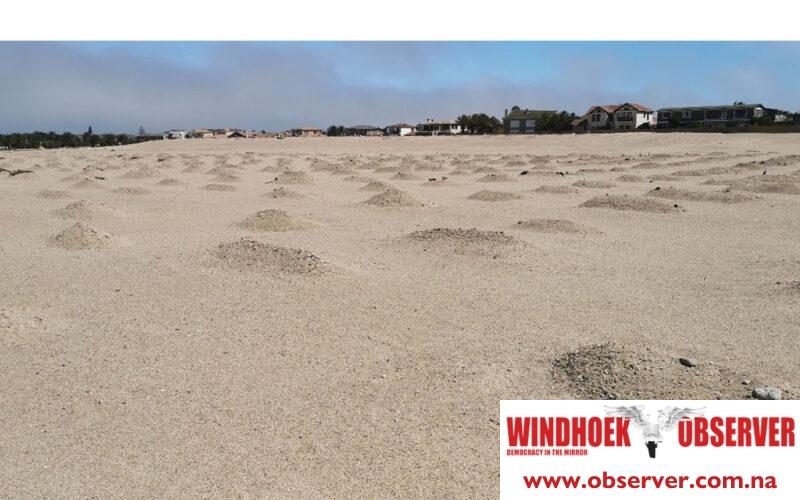Niël Terblanché
The Ovaherero Genocide Remembrance Day is commemorated annually on 2 October to honour the victims of one of the first genocides of the 20th century.
The day reflects on the tragic events that led to the near extermination of the Ovaherero people by German colonial forces in 1904-1908.
Dr Mutjinde Katjua, Ombara Otjitambi of the Ovaherero Traditional Authority, delivered a special address during the commemoration of the atrocities in Swakopmund on Wednesday.
This is despite the government having declared 28 May as Genocide Remembrance Day, and it will be considered a public holiday effective from 2025.
Katjua reminded the gathered audience, including members from South Africa, Botswana, and Namibia, as well as those joining virtually from around the world, of the genocide that began on 2 October 1904, when Germany declared its intent to exterminate the Ovaherero.
The atrocities carried out under the command of General Lothar von Trotha were recognised and even celebrated by the German state at the time, with von Trotha being awarded the highest military honour, the Perle Merité, for his actions.
“We are standing on sacred ground,” he said, referring to the site in Swakopmund, one of the many locations where thousands of Ovaherero were starved, worked to death, or brutally murdered under the brutal colonial regime.
He said the ground, like many other locations across Namibia, bore witness to the suffering of the Ovaherero people.
More than 2,600 Ovaherero men, women, and children lost their lives here through forced labour, starvation, and violence.
He lamented the desecration of these genocide sites, noting how modern developments have encroached on areas that hold immense historical and emotional significance for the Ovaherero community.
“The graves of our ancestors have been built upon, a gross violation of their memory,” he said, decrying the lack of recognition and protection for these sacred sites.
The Swakopmund concentration camp site, where many perished, has seen housing developments built on top of the graves of those who died in captivity.
According to Katjua, the Ovaherero Genocide Remembrance Day is not just a time to mourn but also a time to demand justice.
Katjua criticised the German government’s failure to fully acknowledge the genocide and its reluctance to offer meaningful reparations.
He also expressed frustration with the Namibian government, which he accused of downplaying the genocide’s significance and failing to support the Ovaherero’s demands for recognition and reparations.
“The continued denial of the genocide by both the German and Namibian governments is an affront to the memory of our ancestors and us, their descendants,” he said.
He highlighted the absence of official government representatives at genocide memorial sites and the lack of monuments commemorating the victims.
Despite Namibia being led by a liberation movement, he stated that the government has largely ignored the Ovaherero’s plea for justice and recognition.
He also touched on the ongoing impact of the genocide on the Ovaherero people, particularly the loss of ancestral land and wealth, which was expropriated by German colonisers.
The intergenerational trauma and economic disenfranchisement continue to haunt the community today.
He called on the Ovaherero and Nama peoples to stand united in their pursuit of reparations and the restitution of their ancestral lands.
Katjua urged the current generation to carry forward the fight for justice and to ensure that the memory of the genocide victims is never forgotten.
“Let us not walk away from our responsibility to restore our history, culture, and dignity, so that our children may have a better life,” he said.




